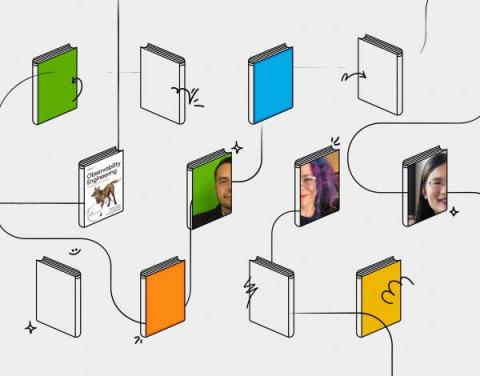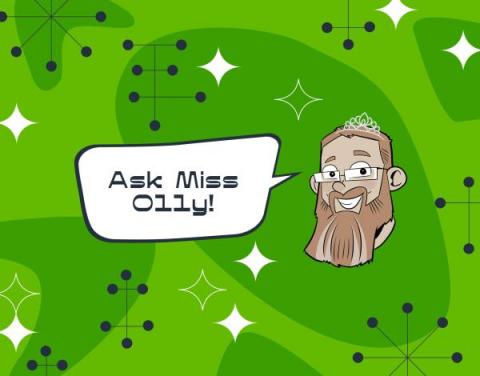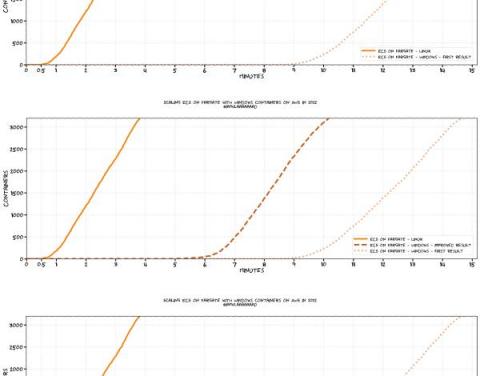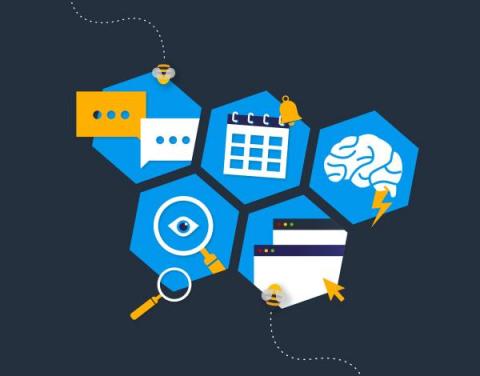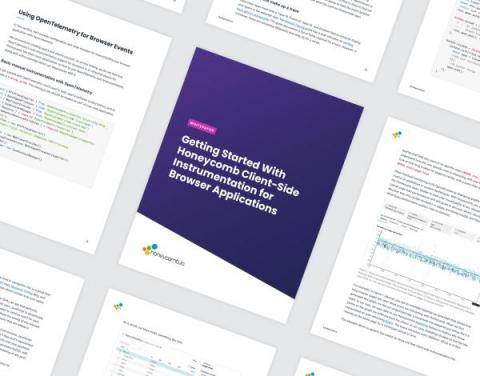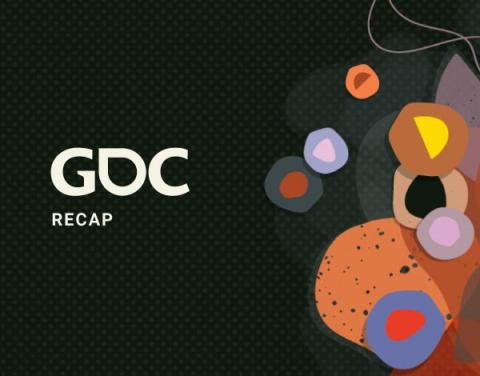The Book Is Done
The book is done. The book is FINISHED. There will be no more writing of the book! Holy macaroni. If you think you might be sensing just a SMIDGE of relief, you wouldn’t be wrong. We started writing this book, Observability Engineering: Achieving Production Excellence, three whole years ago, in the summer of 2019. Remember that?


